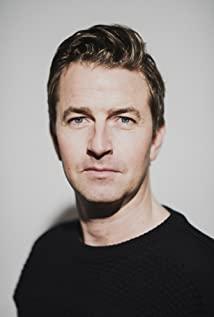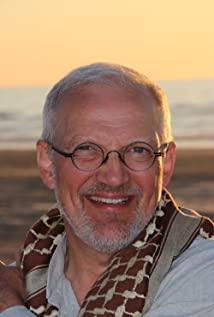In the face of desire and sex, equality or self-discipline, whether preached by law or morality, appear rigid, sluggish, and useless. Perhaps, desire and sex are the embodiment of a certain "will to power", and manipulation, deceit and cruelty are also ways of "beyond good and evil". Human nature is fundamentally not as natural and kind as the 19th-century "romantic" preached—although this trend of romanticism, optimistic, light, straightforward, simple, mixed, full of human compassion, and thus deeply influenced—but , opposing the "romanticists", such as Nietzsche, does not mean to be ultimately pessimistic, but to face up to all this and admit it. It is in the process of facing all this that we may discover: "The terrible Human aptitude may be just the fertile soil that nourishes human nature, and only here can all human nature in impulse, behavior, and achievement grow." (Nietzsche: "Homer's Race") Of course, "humanity" here should not be It is the defense of any specific act, but rather helps us face life and return to reality.
"dronningen" - "queen" - "queen", provides a good explanation for the "king" itself - power, desire, domination - especially from the perspective of "queen-queen". On the road, they each tied their seat belts and walked forward abruptly, and there was no muddling, "mother-in-law". The place where the story takes place, Denmark, is reminiscent of Hamlet, but the silent forest inaccessible in modern times has replaced the bloody storm of the bustling crowds in the feudal castle. If you watch this film with a Hamlet perspective that removes the "romantic", you may have a completely different feeling.
View more about Queen of Hearts reviews










